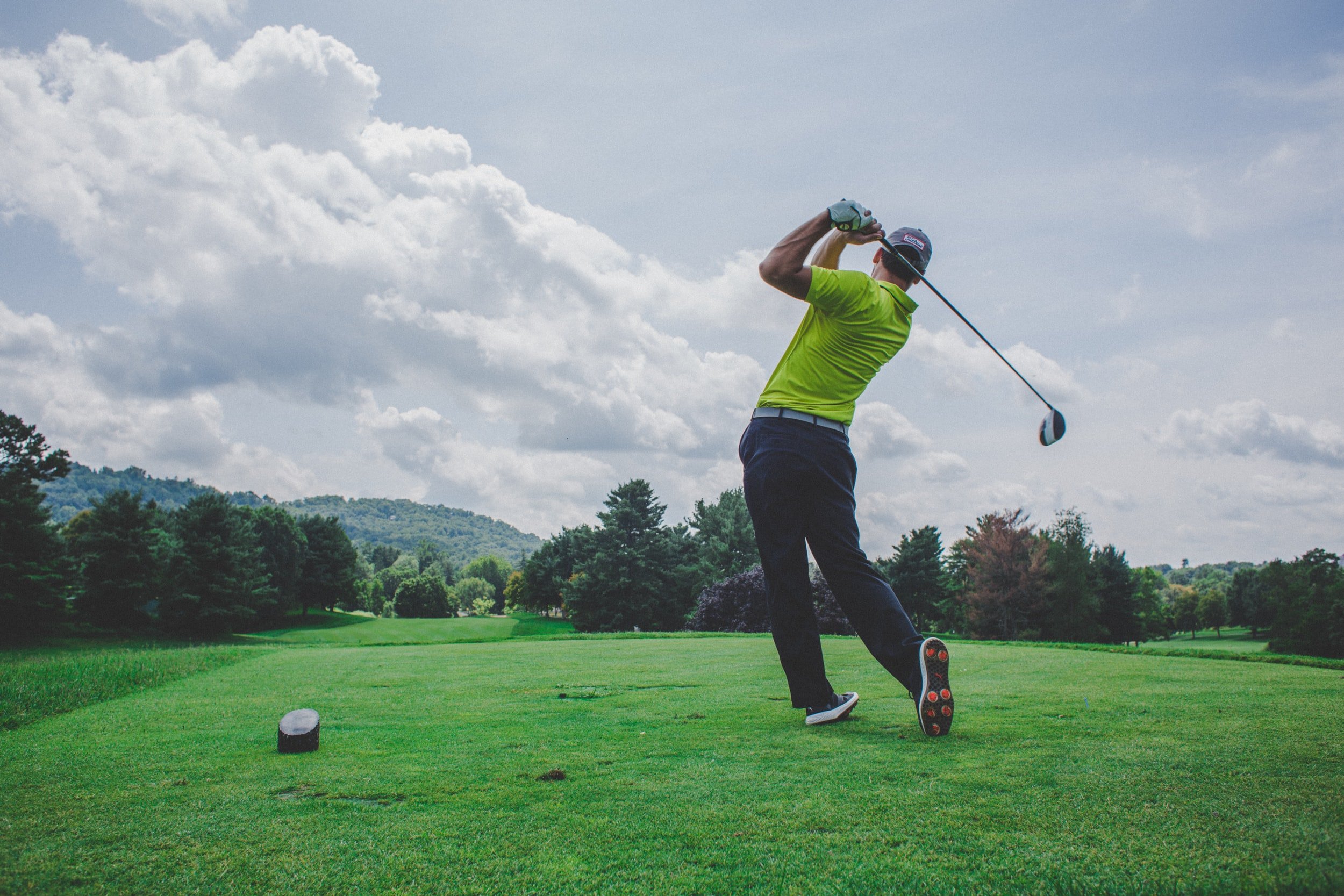
Conquering Performance
Anxiety in Sports
A Comprehensive Guide
If you’re currently experiencing or have experienced performance anxiety in sports in the past you know it’s frustrating to deal with. It’s frustrating to know you can do better than the performance you have when anxiety arises.
This might lead you to train more, and you feel good in training. But when the pressure is on, everything changes. Your mind is racing, you get butterflies, and it’s like you forget how to play.
When performance anxiety becomes a regular thing it can lead to panicking. Which kicks a negative thought chain into gear. You have thoughts racing through your mind. You’re in your head and out of the game before it’s even started.
Performance anxiety can be debilitating, a confidence killer, and over time take away the joy and fun in your sport.
Overcome Pre-Competition Anxiety. Schedule a Consultation.
Understanding Performance Anxiety
Performance anxiety is worry, doubt and concern mixed with a physiological response that interferes with your ability to perform. Oftentimes the worry, doubt or concern comes in the form of fear. A fear of failing, fear of an outcome, fear of what others will think/say. While the physiological response can vary depending on the person. Sometimes it’s increased heart rate, shallow breathing, nausea, stomach butterflies, tense body/muscles, etc.
Sources of Anxiety in Sports
Self-esteem: Your overall emotional regard for yourself and your worth. Do you accept both the good and bad in yourself?
Fear of failure: Focusing on potential negative outcomes and the subsequent negative emotions that come with that. Do you focus on the possibility of making a mistake and the embarrassment you’ll feel if you do?
Perfectionism: Excessive worry about making mistakes (striving for flawlessness). Do you expect yourself to perform flawlessly, leaving no room for mistakes or straying from your game plan?
Importance: How important the event is to you. Do you feel extra pressure against certain opponents or when someone specific is watching?
Self-efficacy: The extent to which an individual believes that they will be successful in performing a specific task at a specific point in time. Do you doubt whether or not you can take the penalty kick to put your team ahead?
Performance anxiety may feel different from athlete to athlete. Even though it shows up differently, one thing remains the same; it interferes with an athlete’s ability to perform at their best.
Taking Control: Strategies for Managing Performance Anxiety
Performance anxiety is like a chain reaction. It starts with a thought or belief that kicks off a physiological response (which may lead to more negative thoughts), which then leads to a poor performance.
It’s important to recognize the thoughts that arise before the physiological response. What are you worried about? Are you afraid of a specific outcome or reaction? Then, figuring out when these thoughts arise. Once you discover those thoughts that ignite your performance anxiety, you can begin to shift your thinking.
You’ll want to find intentional thoughts to replace your common negative thoughts. Something that will lead to feeling calm, composed, excited but not overexcited, confidence, and trust in yourself. The intentional thoughts you choose are the first step to stopping the negative thought chain and choosing thoughts that allow you to perform how you want.
In addition, you’ll want to be able to manage emotions and feelings. That way, when there are certain reactions you have sport psychology techniques to use to keep you grounded and in the moment. These techniques include:
Deep breathing
Grounding techniques, such as checking in with your senses
Game day routines
Progressive muscle relaxation
Imagery
Normalizing Nerves: Coping with Pre-Game Jitters
One thing to keep in mind is that nerves are normal! Sometimes we see our teammates and they seem “cool as a cucumber”. They have confidence no matter who the opponent is. When in reality everyone experiences nerves, but everyone experiences nerves in different ways. Don’t beat yourself up or panic if you're feeling some nerves, it’s normal.
If you’d like to manage performance anxiety and learn skills that will get you out of your head so that you can show up your best, schedule a consultation today. We’ll discover the thoughts that are holding you back and begin to implement skills that will allow you to manage thoughts and emotions. And ultimately, allow you to enjoy your sport rather than dread it!
